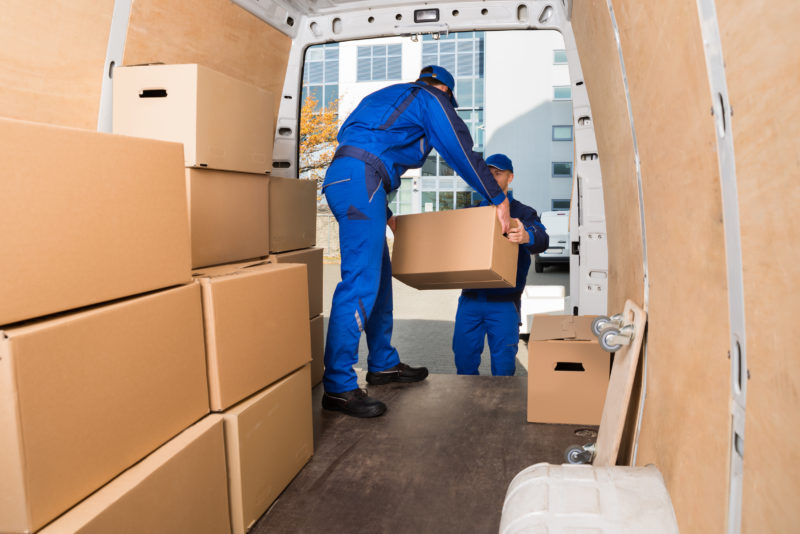If you have ever moved home, you will already know that moving can be expensive. It is even more expensive if you are moving from one country to anoth
If you have ever moved home, you will already know that moving can be expensive. It is even more expensive if you are moving from one country to another. There are so many costs associated with moving that no one would blame you for looking for a way to reduce your expenses.
Not too long ago, if you moved because of a new job or in search of a new job, you could be entitled to a refund, but that doesn’t happen anymore. But there are still opportunities to deduct your moving expenses and save on taxes. Read on to find out how.
To qualify for moving expense deduction, you are expected to meet three simple requirements.
Your move must be work related
The first requirement is quite simple. You must be moving because of work. Also, you must incur the moving expenses within one year of starting your new job. This means that if, for example, you are moving from New Zealand to Australia, in order to qualify for moving expenses deduction, you must be moving to Australia because you are going to a new job and this new job must start in the same year as your relocation. You also qualify for deduction even if you don’t have any job waiting for you when you move, as long as you start one within a year of moving.

Your move must meet a predetermined distance
This is simply a follow-up to the first requirement. To qualify for moving expenses deduction, your new job must add a certain amount of commute distance from your old home. This is quite straightforward, especially if you are moving between cities or from one country to another. It goes without saying that if you are moving from New Zealand to Australia for work, you will more than compensate for the approved distance.
You must work for a certain period of time
Different countries have varying ideas of what the right period of time is, but in order to qualify for deductions, you have to show proof that you have worked as a full-time employee in your new job for a set period of time. Some countries set this time period at 39 weeks in the year following your relocation or 78 weeks in the two years following your move. You don’t have to work for the same employer during this period, or work all those weeks consecutively, but you should be able to meet the time test.
By and large, you should be able to enjoy moving expenses deductions if you meet the above three requirements. The next step is to find out exactly what is deductible and what isn’t.
Deductible expenses
Essential moving expenses such as buying packing materials, hiring a professional mover, travel costs and the handling of your belongings are all deductible. However, it is a good idea to keep a detailed journal of what you spend and have all the receipts and invoices stored in a safe place for record purposes.
Other deductible moving expenses include fuel (if you are driving a car), hiring moving equipment (if you would rather DIY), moving insurance, lodgings (in the event that you have to spend the night on the road) and moving assistance (in case you hire someone to help with unloading when you arrive at your destination).

Non-deductible expenses
Knowing the expenses that cannot be deducted will help you plan and control how much you spend when you move. If you are driving your own car or using a hired truck and the vehicle has a problem, any expenses related to repairing the vehicle will not be deductible. The same applies to expenses incurred that are not directly tied to your move. These expenses include sightseeing, the cost of renting or buying a home in your new city, any expenses related to selling or leasing your old home, meals for you and your company during the travel period, any costs associated with researching your new destination and expenses that you have already been reimbursed for.
Moving the right way
Now that you know how you can save money as you move, the next step is to determine how you can move your belongings safely. According to professional moving company AusMove, the reason you hire professional electricians to work on your home and the reason you visit a qualified doctor when you are ill, is the same reason you should hire a professional moving service. It takes the right set of people to move your belongings to your new destination without damaging or misplacing anything along the way.
Moving a long distance can be very stressful and you will likely have to make the move in one trip, as you will not be eligible for deductions on more than one trip. For this and many other reasons, it is in your best interest to do the proper research and choose the right moving service for your relocation. This way, you will arrive at your destination in the right frame of mind to start your new job and meet your moving expenses deduction requirements.



















































































































COMMENTS